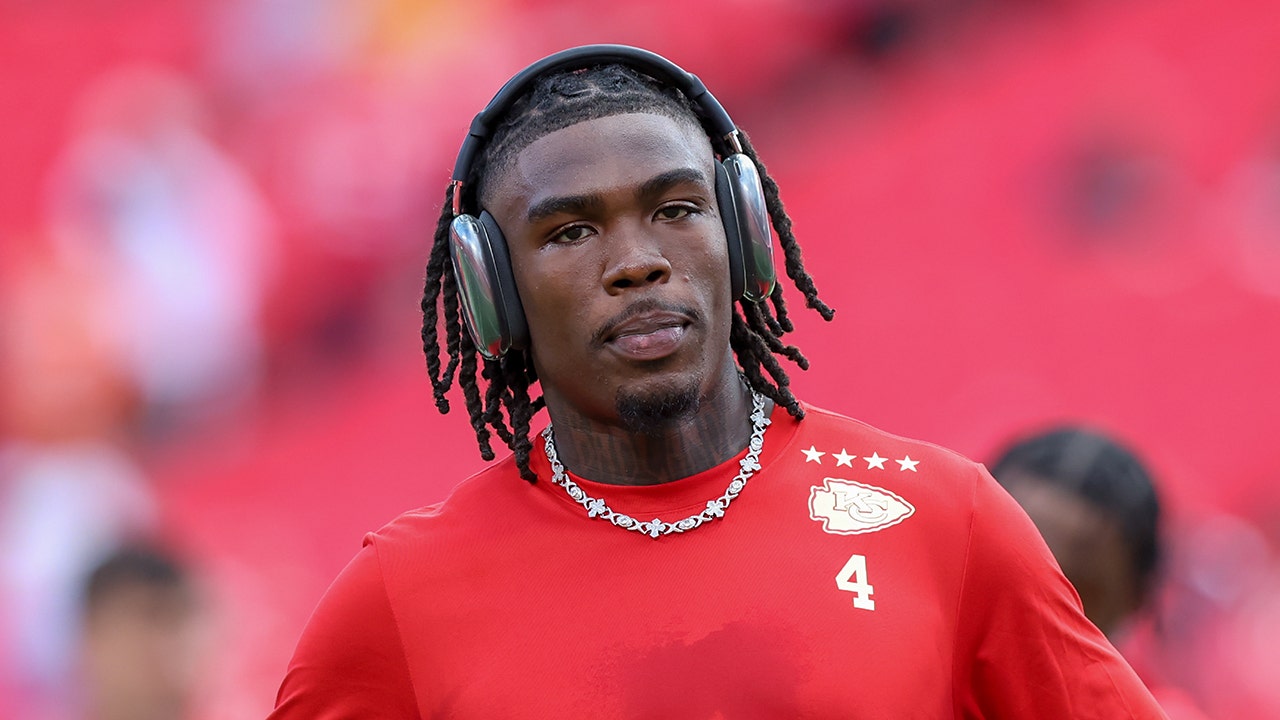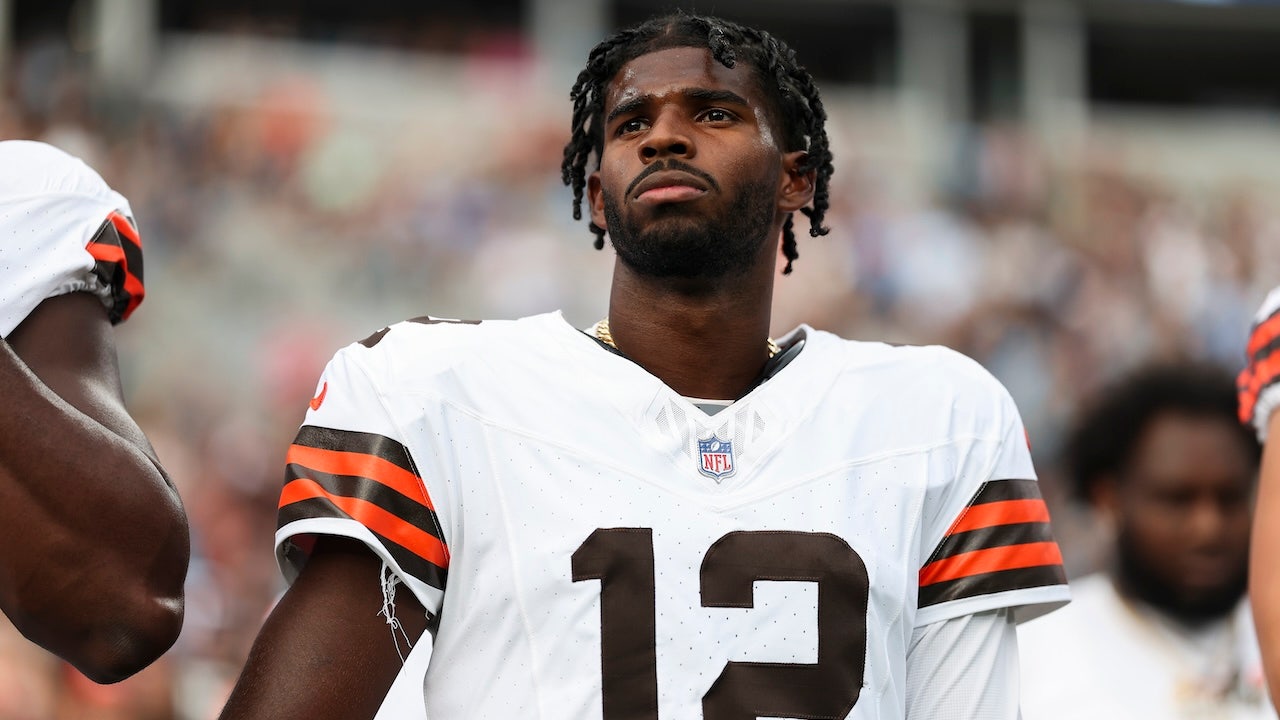Defying Definition: WHY KEYWORDS ARE IMPORTANT EXAM

[ad_1]
Have you ever felt “year-” given a “ramplion” sign or had a “sad” day? Or is it completely, utterly and “confused by these questions? If so, it’s time to brush off the word art you’ve made, because Bad: good It will bring this kind of twisted dialogue back to the big screen.
From the “disgrace” and the descent of “Hikaaled”, the musical assembly will weave many absurd words in its text and will increase our ears but will develop the brain centers of our brain. And this tradition is far from the other. The invented words have been a feature of novels, plays and poems for centuries, they are designed to charm and challenge the audience with an equal multisyllabic measure.
Adele Goldberg says: “Made up words are sometimes called sniglets – they are one of the most interesting parts of language,” says Adele Goldberg, Linguistics and Psychology Professor at Princeton University. “Incorporating a new word can create a kind of secret hand – a sense of intimacy. Of course, the trick is that new words only work if people understand them.”
bad, And, you understand this stay. Words like “successful” and “independent” can be invented, but there is still a certain sense of pretense about them. We are one – Ms The Word has a pointed root, with additional suffixes that serve just as much fun. “And there’s a certain playfulness of removing or reshaping familiar expressions,” Goldberg adds, citing “cutie-patootie” as a prime example. “They are not bad Oddball COIAGE seems to use that. They are silly, but happily so. “
This is also an old method. Shakespeare, for example, coined “brabble” by combining the parts “bicker” and “squabble.” This seems to be cheating – creating a new word from the ideas that are already coming together, thus exposing the audience to any heavy language lifting. But most modern examples follow the same pattern: “Hangry,” “Smog” and “blow” sound natural and add up very quickly in a short way. “They tend to feel creative because they catch something subtle in the eyes,” Goldberg explains. “And that sameness and familiarity may arise from twisting an old Word into a new use — say, – Ms ‘out-snigleted’ itself. “
Gary Lupyan, a professor of psychology at the University of Wisconsin, also emphasizes the importance of context for understanding so far invisible words. “Words like ‘scary’ inside bad, Because of the closeness of the common countries in English, it can be understood when meeting for the first time, “he said.” Especially when they are used in a context where one would expect a familiar word, such as ‘.’
In these cases, our brain process works with artificial words like any other. Even unfamiliar words begin to associate themselves with similar sounding associations that we already know. Lupyan says: “And many are portmanteaus themselves, the name lewis Carroll has been chosen to mean that it is made up of two parts, like a portmanteau.”


Carroll is another giant of a name. In addition to inventing now-common words like “chortle” (combined with “chuckle” and “snort”), Alice’s Adventures in Wonderland The author named “Mimsy,” “Glumpeph” and “Slohy.” These words may be less idiosyncratic than “chortle,” but we can still glean their meanings with ease. And yet, while Sler-Saser-Profer – a professor of linguistics at the German University of Bamberg – in parties that arouse emotions is not the main purpose of words made, he admits that their use can invite a level of audience participation.
“I would think that words like Lewis Carroll’s ‘FrabJOS’ were not first coined at all to show an emotional connection,” he explained. “In ART, Aliguity is an important thing that allows students to fill in the gaps, with their knowledge of words and interpretations. Novels and poems often leave our space, and meaningless words leave a lot of space.”
Therefore, while such words can stir emotions, they also provide conflict, keeping readers or audiences on their toes. Writers like Raald Dahl and Dr. Seuss beass long recognized neologisms in this way. Sometimes, however, their goals are more straightforward: a fixed character. At Shakespeare’s Henry IV, Part 2, A blur of creative values, acerbic- “you pullion, Rampallian, you reputation!” – He tells the viewers almost insultingly.
“Also, by allowing fictional characters to use words that are not part of the established vocabulary,” says Dinaela Landert, professor of English languages at Heidelberg Unistics, “they can be seen through the use of their language.” He adds that Buffy the vampire slayer Names are used disparagingly (“sliding,” “Sitch” and “CleaVath”) to reinforce the identity of the portagonists.
Sometimes, Lamert adds, invented words are bigger than the stories they contain. He says: “Sometimes, they create humor and engage students by inviting students to consider the broader uses of language and the meaning of words. Take Carroll’s Jabberwocky, For example.” Whether it’s “Vorpal,” “Grinch” or “Scrimdiddlious,” the most common task of these structures that are attacked by these sacred things is to introduce the audience to new worlds – from Wonderland to OZ-without losing us.
between bad, Lupyan notes, these words form a solid foundation. He says: “It’s less about communicating a different sense of ‘horror’ than it is about immersing the audience in a world where things are a little different, rather than being able to communicate some sense of what’s conventional.”
And that’s why these words increase. Goldberg, noting that “language play thrives in that sweet spot between the familiar and the new,” explains that while some appeals invite disagreement, such as – Ms-It is not to direct, appreciate and enjoy, although in the form of financial rebellion. He says: “It’s where recognition meets wonder. “It’s where ‘sniglets,’ ‘smoglets’ and ‘hanggry’ moments come to life – and where language continues to remind us it’s a game we all come to.”
[ad_2]





